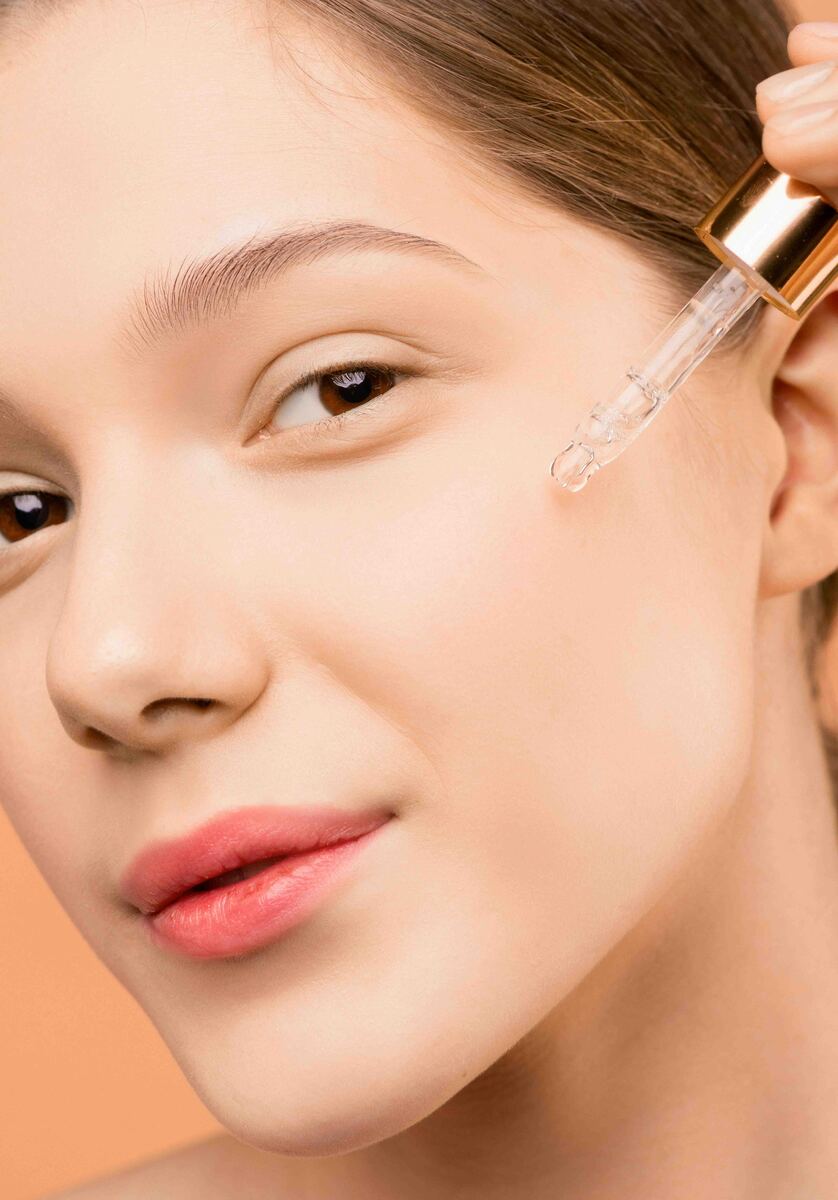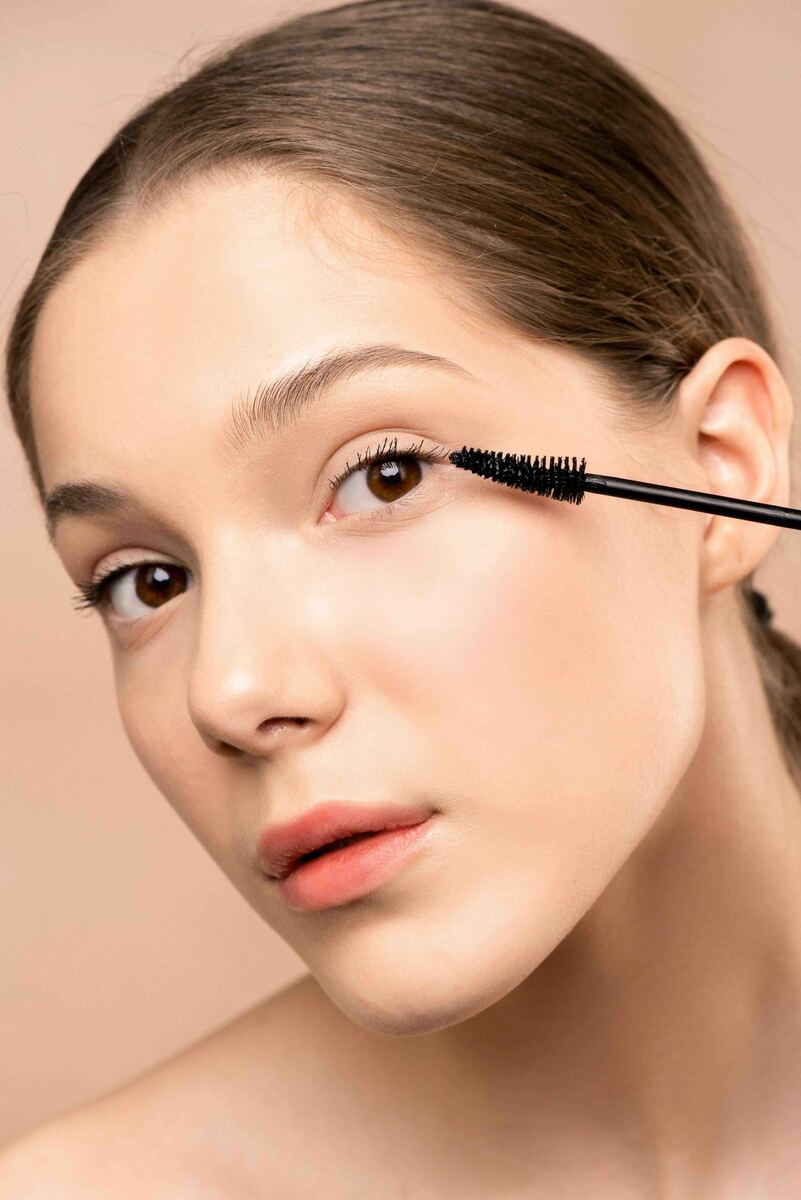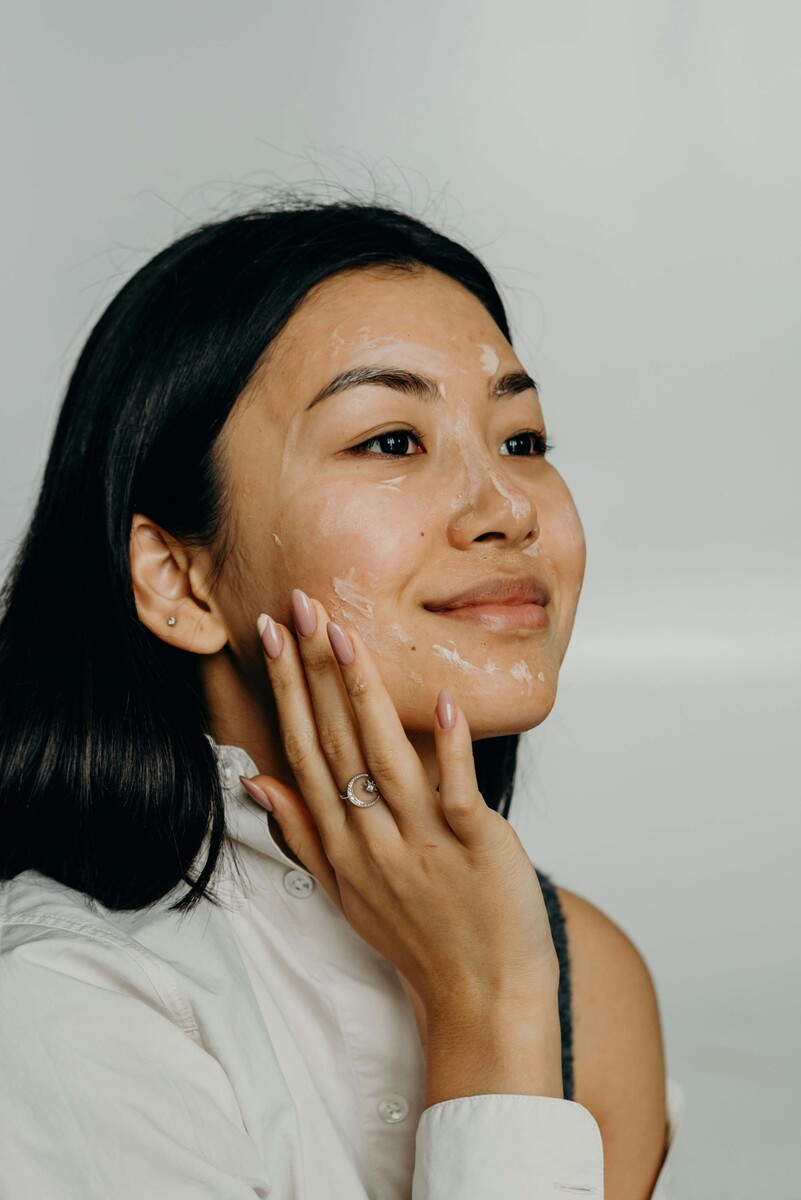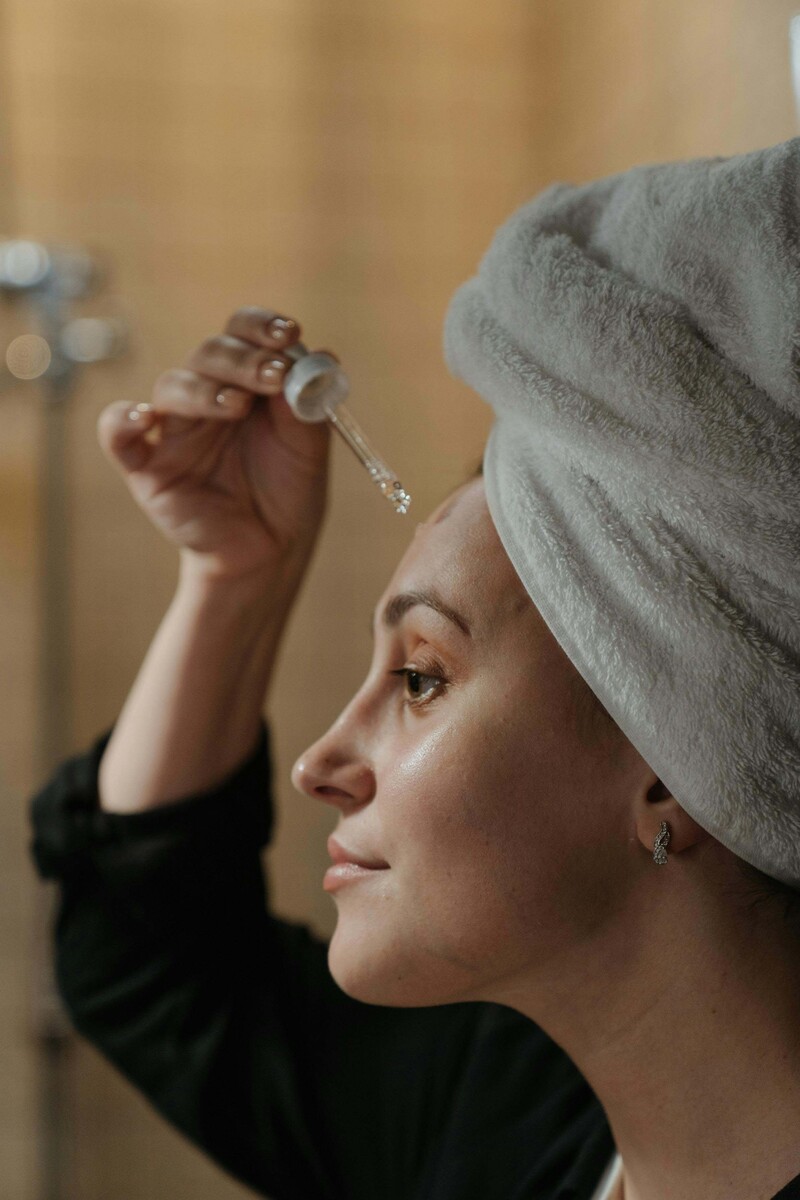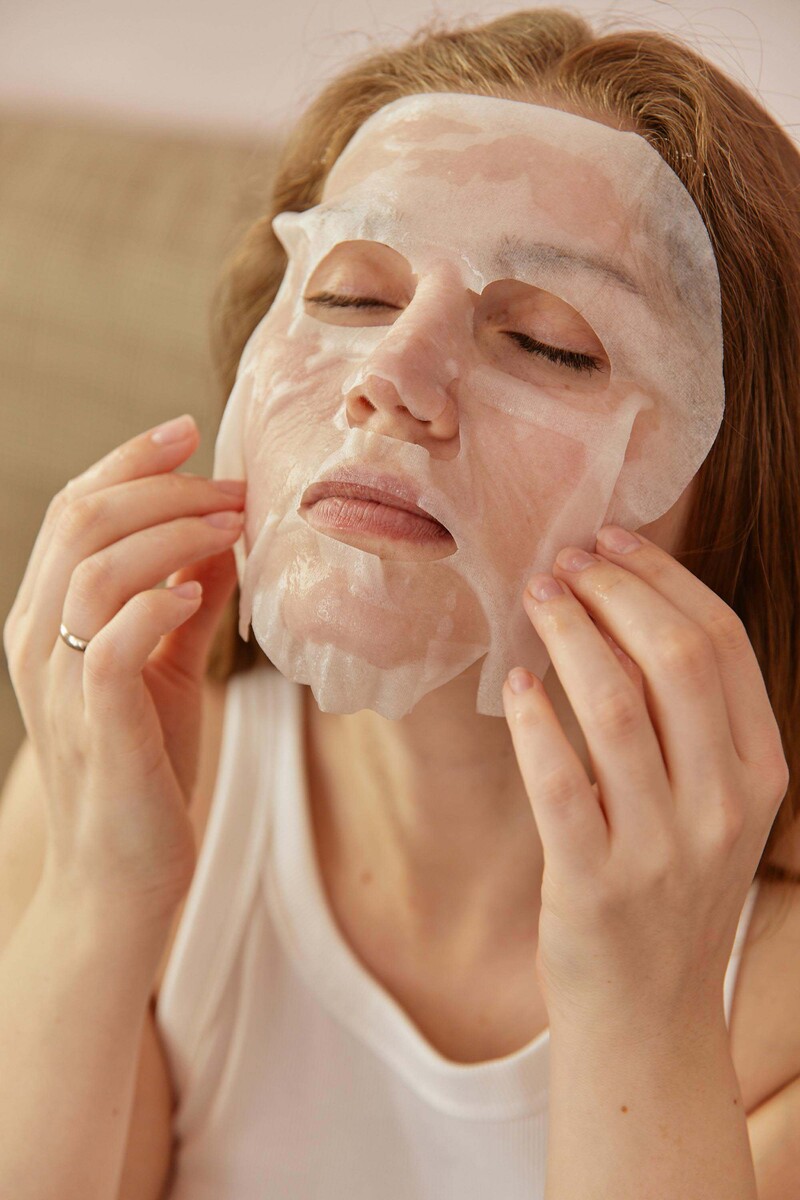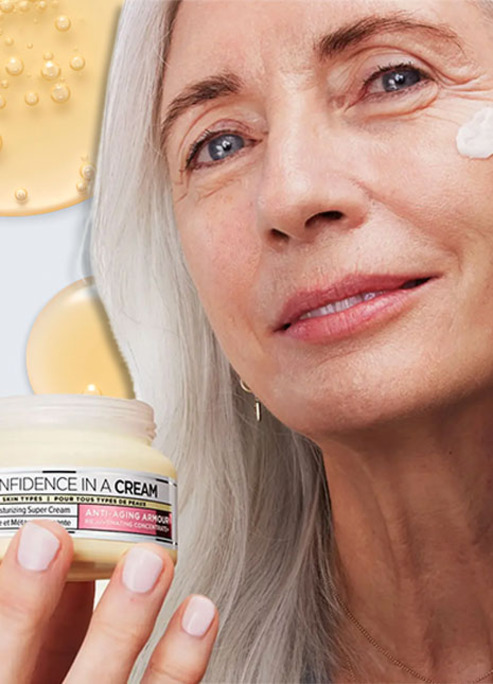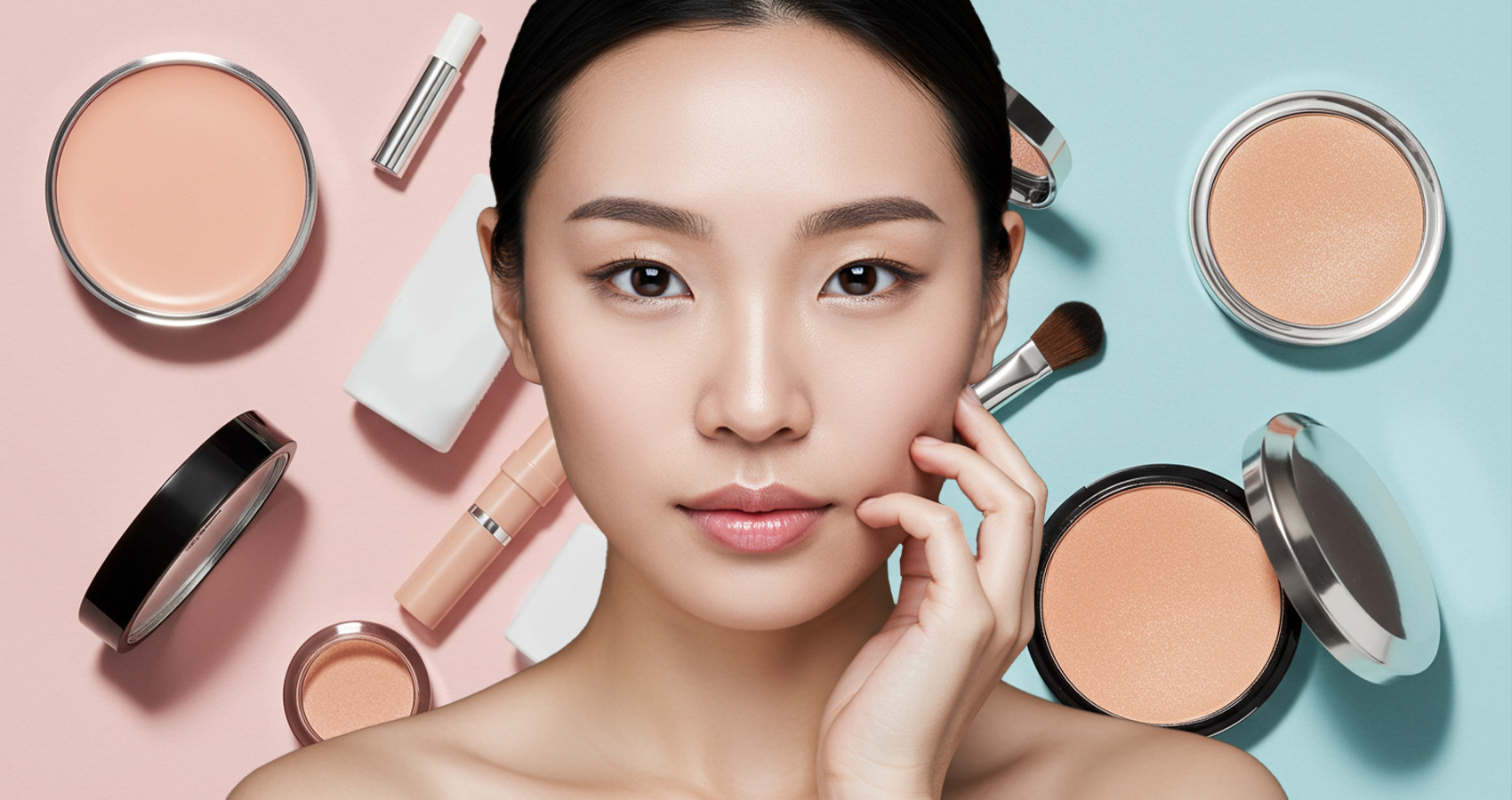
The Science Behind Skin Microbiome and Its Impact on Beauty
Unlocking radiant glow.
Your skin is like a bustling city, teeming with microorganisms that work tirelessly to maintain balance and beauty. Each tiny inhabitant plays a unique role in keeping your skin healthy, influencing everything from hydration to how well your skin defends itself against irritants. But what happens when this ecosystem is disrupted? Understanding the intricate relationship between the skin microbiome and your beauty routine could reveal new paths to achieving that radiant complexion you've always desired. So, how can you harness this knowledge for your own skincare journey?
Understanding the Skin Microbiome
When you think about your skin, you mightn't consider the myriad of microorganisms that inhabit its surface, but understanding the skin microbiome is crucial for appreciating its role in overall skin health.
The skin microbiome consists of bacteria, fungi, viruses, and other microorganisms that coexist symbiotically with your skin. This complex ecosystem plays a critical role in maintaining skin barrier function, regulating immune responses, and preventing pathogenic invasions.
Research indicates that a balanced microbiome can help protect against conditions like acne, eczema, and psoriasis. Each individual's microbiome is unique, influenced by factors like genetics, lifestyle, and environmental exposure. This uniqueness underscores the importance of personalized skincare regimens.
For instance, overuse of antibacterial products can disrupt microbial diversity, leading to skin issues.
Furthermore, the skin microbiome communicates with your immune system, helping to modulate inflammation and promote healing. By nurturing this ecosystem through proper skincare, including gentle cleansing and moisturizing, you can support skin health.
Ultimately, understanding the skin microbiome not only enhances your approach to skincare but also empowers you to make informed choices that benefit your skin's resilience and beauty.
Key Microorganisms in Skin Health
The intricate balance of microorganisms on your skin is fundamental for maintaining its health and appearance. Key microorganisms contribute to skin homeostasis, protecting you from pathogens and regulating inflammation.
Here are three significant players in skin health:
-
Staphylococcus epidermidis: This bacterium is a dominant species on your skin. It helps prevent harmful bacteria from establishing themselves and contributes to the immune response, reducing the risk of infections.
-
Propionibacterium acnes: Although often associated with acne, this microorganism plays a dual role. It helps maintain skin pH and produces substances that inhibit harmful pathogens, fostering a balanced microbiome.
-
Corynebacterium: This genus includes species that can produce antimicrobial peptides, contributing to your skin's defense mechanisms. They also help modulate inflammation, enhancing overall skin health.
Understanding these microorganisms is essential for developing effective skincare strategies.
When the balance of these key players is disrupted, it can lead to various skin issues. Maintaining a healthy microbiome through proper skincare and nutrition is fundamental for achieving luminous skin.
How Microbiome Affects Skin Barrier
A healthy skin barrier is vital for protecting against environmental stressors and maintaining hydration, and your skin microbiome plays a significant role in this function. The microbiome comprises a diverse community of microorganisms, including bacteria, fungi, and viruses, that cohabit your skin. These microorganisms contribute to the skin's defense mechanisms, helping to prevent pathogenic infections and inflammation.
When your skin microbiome is balanced, it supports the production of natural moisturizing factors (NMFs) and lipids that strengthen the skin barrier. Studies have shown that beneficial bacteria, such as Lactobacillus and Staphylococcus epidermidis, can enhance barrier function by producing antimicrobial peptides that inhibit harmful microbes.
Conversely, an imbalance in this microbial community, known as dysbiosis, can weaken the barrier, leading to conditions like eczema, acne, and rosacea.
Moreover, the microbiome aids in maintaining pH levels, which is essential for ideal skin barrier function. A compromised skin barrier can result in increased transepidermal water loss, leading to dryness and irritation.
To support your skin barrier, focus on products that promote a healthy microbiome, such as probiotics and prebiotics, which can help restore balance and enhance overall skin health.
The Role of Ph Balance
Maintaining pH balance is essential for the overall health of your skin and its microbiome. Your skin operates best at a slightly acidic pH of around 4.5 to 5.5. Deviating from this range can disrupt the delicate ecosystem of microorganisms residing on your skin, leading to various skin issues.
Here are three key reasons why pH balance matters:
-
Microbial Diversity: A balanced pH supports a diverse microbiome, which is vital for protecting against harmful pathogens. An acidic environment encourages beneficial bacteria while inhibiting the growth of harmful ones.
-
Barrier Function: The skin's acid mantle, a thin film of fatty acids and lactic acid, plays a pivotal role in maintaining skin integrity. An imbalance can compromise this barrier, making your skin more susceptible to irritants and infections.
-
Inflammation Control: Proper pH levels can help reduce inflammation. When your skin's pH is disrupted, it may trigger inflammatory responses, leading to conditions like acne or eczema.
Influence on Skin Hydration
pH balance greatly influences skin hydration, playing an important role in maintaining moisture levels. When your skin's pH is ideal—typically between 4.5 and 5.5—it supports the functionality of the skin barrier, which helps retain water.
The skin microbiome, composed of diverse microorganisms, is vital for regulating this balance. Beneficial bacteria produce substances like lactic acid, which contribute to the skin's natural acidity, enhancing hydration.
When your microbiome is disrupted, for instance, by harsh skincare products or environmental factors, it can lead to an imbalanced pH. This imbalance often results in increased transepidermal water loss (TEWL), leading to dryness and irritation.
Research shows that a healthy microbiome can enhance the skin's barrier function, making it more resilient to dehydration.
To maximize hydration, you can support your skin microbiome by using pH-balanced cleansers and incorporating prebiotics and probiotics into your skincare routine.
These measures help maintain a healthy microbial environment, promoting moisture retention and overall skin health. By understanding this connection, you can take proactive steps to guarantee your skin remains hydrated and healthy.
Microbiome and Inflammation Connection
An imbalance in the skin microbiome can trigger inflammatory responses, leading to various skin conditions such as acne, eczema, and rosacea.
When harmful bacteria outnumber beneficial ones, your skin's defense mechanisms weaken, allowing inflammation to take hold. This imbalance can be influenced by several factors, including diet, stress, and environmental exposures.
Here are three key ways the skin microbiome related to inflammation:
-
Pathogen Overgrowth: Harmful microbes can proliferate, releasing toxins that activate immune responses, causing redness and swelling.
-
Barrier Dysfunction: A disrupted microbiome can impair the skin barrier, leading to increased permeability and allowing irritants to penetrate, prompting inflammation.
-
Cytokine Production: Beneficial bacteria produce anti-inflammatory substances, while their absence can lead to an overproduction of proinflammatory cytokines, exacerbating skin issues.
Addressing the health of your skin microbiome can help mitigate these inflammatory responses.
Impact on Acne and Breakouts
Disrupting the delicate balance of your skin microbiome can greatly contribute to acne and breakouts. Your skin hosts a complex community of microorganisms that play a vital role in maintaining skin health. When this balance is disturbed—whether through harsh skincare products, diet, or environmental factors—pathogenic bacteria like Propionibacterium acnes can proliferate.
This overgrowth triggers an inflammatory response, leading to clogged pores and the formation of acne lesions. Research indicates that a healthy microbiome can inhibit the growth of these harmful bacteria, promoting a clearer complexion.
Utilizing probiotics in your skincare routine can help restore this balance.For example, Lactobacillus strains have shown promise in reducing acne severity by modulating the immune response and enhancing skin barrier function. If you're looking to complement your routine with professional treatments, consider exploring the best hydrafacial in Riyadh to help rebalance your skin and support your microbiome health.
Moreover, your dietary choices impact your microbiome's diversity. Incorporating foods rich in prebiotics, such as fiber, can nourish beneficial bacteria, further supporting skin health.
It's important to keep in mind that maintaining a balanced skin microbiome is a multifaceted approach that involves careful ingredient selection in your products and mindful dietary habits.
Aging and the Skin Microbiome
Maintaining the balance of your skin microbiome is essential as you age, since changes in microbial diversity can greatly impact skin health.
Research shows that an imbalanced microbiome can lead to dryness, inflammation, and increased susceptibility to skin conditions. As you grow older, your skin's natural defenses weaken, making it vital to support your microbiome.
Here are three key factors that influence the aging skin microbiome:
-
Decreased Microbial Diversity: Aging often leads to a reduction in the variety of beneficial bacteria, which can compromise your skin barrier and increase the likelihood of infections.
-
Environmental Factors: Exposure to pollutants, UV radiation, and harsh skincare products can disrupt the microbiome, exacerbating signs of aging like fine lines and wrinkles.
-
Diet and Lifestyle: A diet rich in probiotics and prebiotics can help nourish your skin's microbiome, while stress and lack of sleep can negatively affect microbial balance, accelerating skin aging.
Skincare Products and Microbiome
Many skincare products can greatly affect the balance of your skin's microbiome, either supporting or disrupting its health. The ingredients in these products often determine their impact.
For instance, harsh cleansers containing sulfates can strip away natural oils, leading to an imbalance of beneficial bacteria. This disruption may result in increased irritation, dryness, or even acne.
Conversely, products with prebiotics or probiotics can enhance the microbiome's diversity and resilience. Prebiotics serve as food for beneficial bacteria, while probiotics introduce live microorganisms to help restore balance.
Research indicates that formulations with these elements can improve skin barrier function and reduce inflammation.
Moreover, preservatives such as parabens and artificial fragrances can also negatively influence your skin's microbial landscape. Studies suggest that these compounds may harm beneficial microbes, leading to dysbiosis, which is linked to conditions like eczema and psoriasis.
Strategies for a Healthy Microbiome
A thriving skin microbiome is essential for overall skin health, and adopting effective strategies can greatly enhance its balance. A diverse and balanced microbiome promotes barrier function, reduces inflammation, and protects against pathogens.
Here are three evidence-based strategies to support your skin microbiome:
-
Choose Probiotic Skincare: Look for products containing probiotics or prebiotics, which can help nourish beneficial microbes. Research indicates that these ingredients may enhance skin barrier function and reduce acne and eczema symptoms.
-
Maintain a Balanced Diet: Your gut health directly influences your skin microbiome. Incorporate a diet rich in fiber, antioxidants, and omega-3 fatty acids. Foods like yogurt, sauerkraut, berries, and fatty fish can support microbial diversity and overall skin health.
-
Limit Harsh Cleansers: Over-washing or using aggressive soaps can strip your skin of its natural oils, disrupting the microbiome. Opt for gentle, pH-balanced cleansers that preserve your skin's natural flora while effectively removing dirt and impurities.
Conclusion
In cultivating a healthy skin microbiome, you're not just enhancing your skin's appearance; you're boosting its resilience, balancing its pH, and promoting hydration. By choosing skincare products rich in probiotics and prebiotics, and by nourishing your body with a diverse diet, you encourage beneficial microorganisms to thrive. Remember, a balanced microbiome leads to clearer skin, fewer breakouts, and a more youthful glow. Prioritize your skin's microbiome, and watch your beauty flourish from within.



